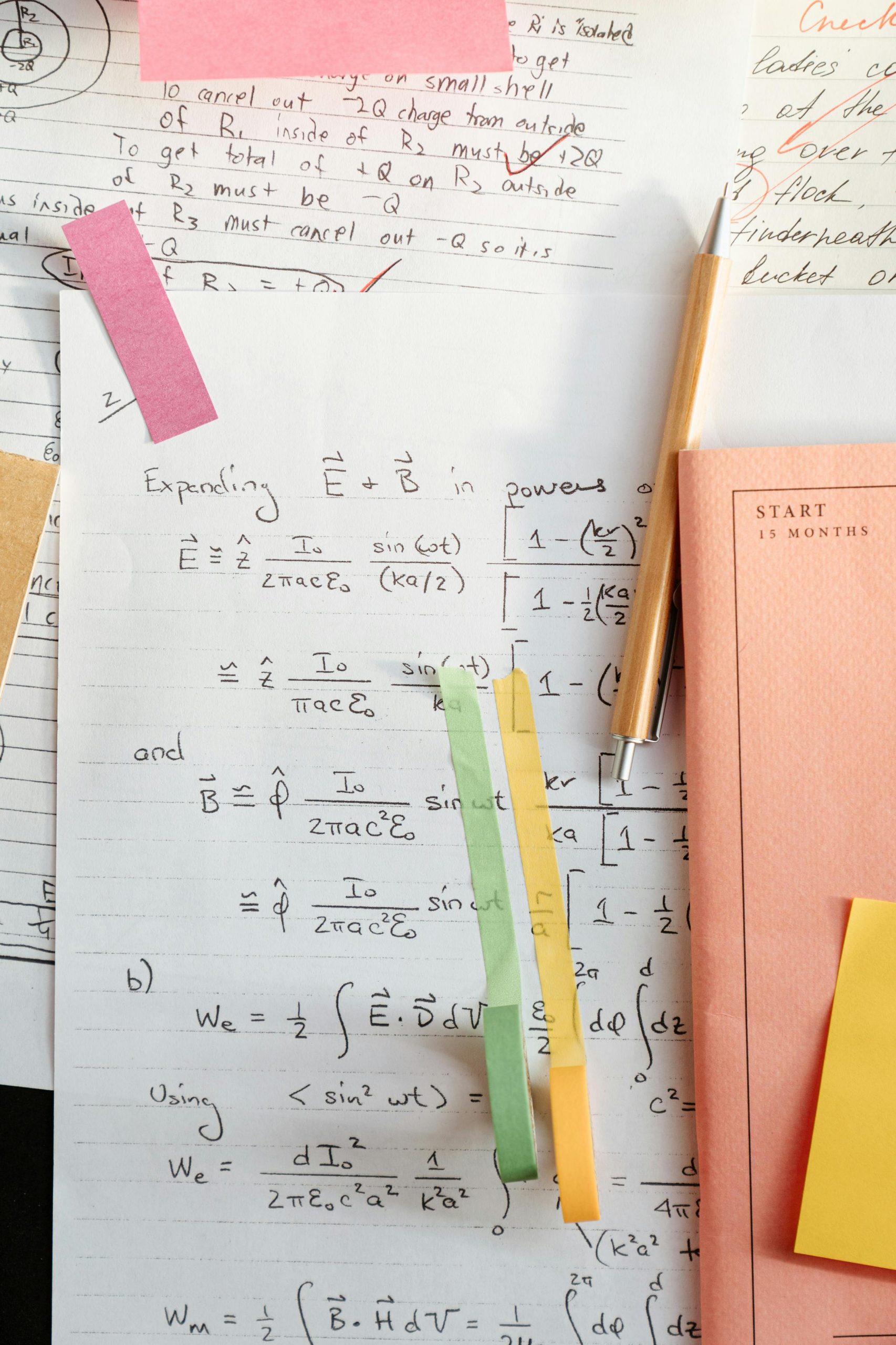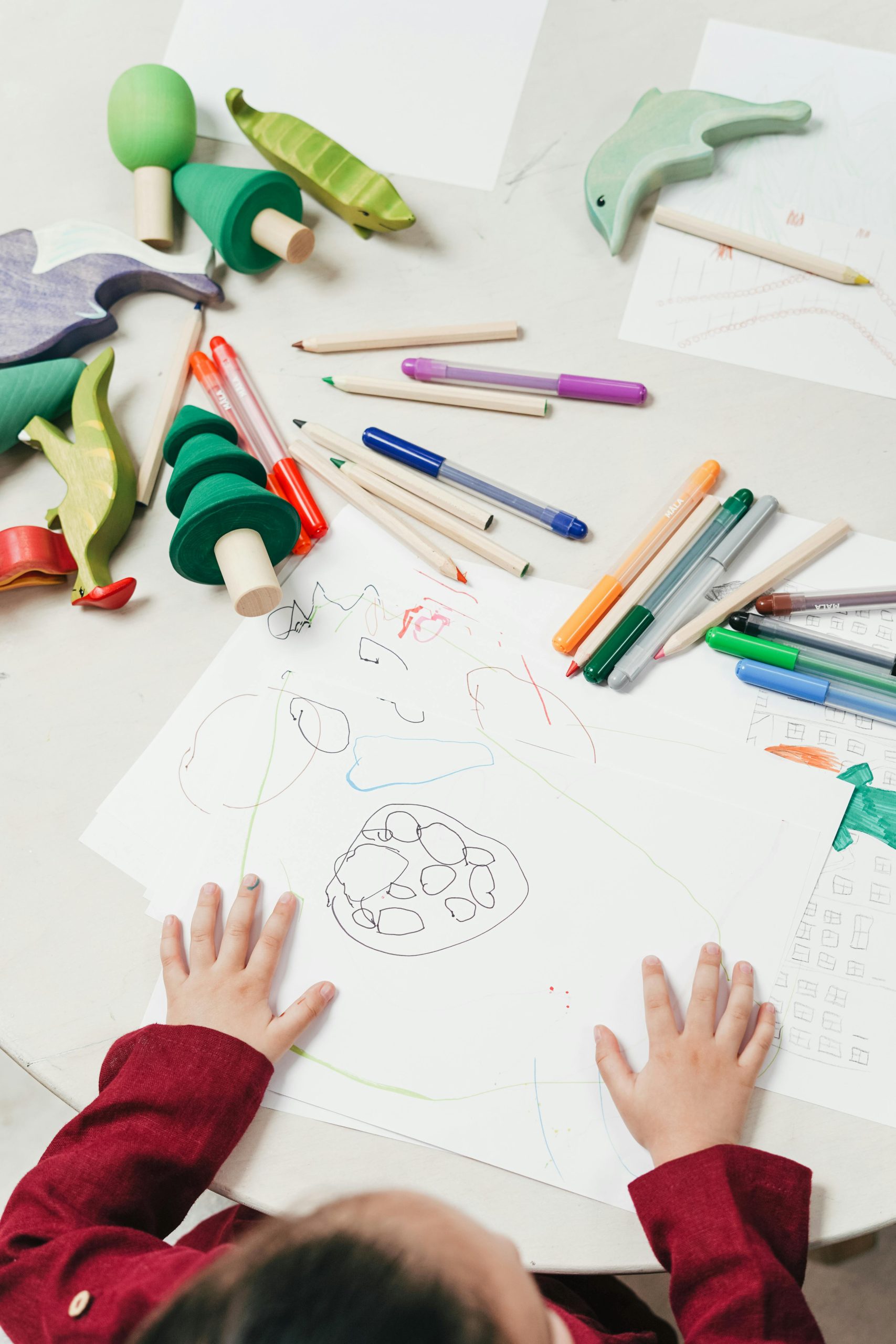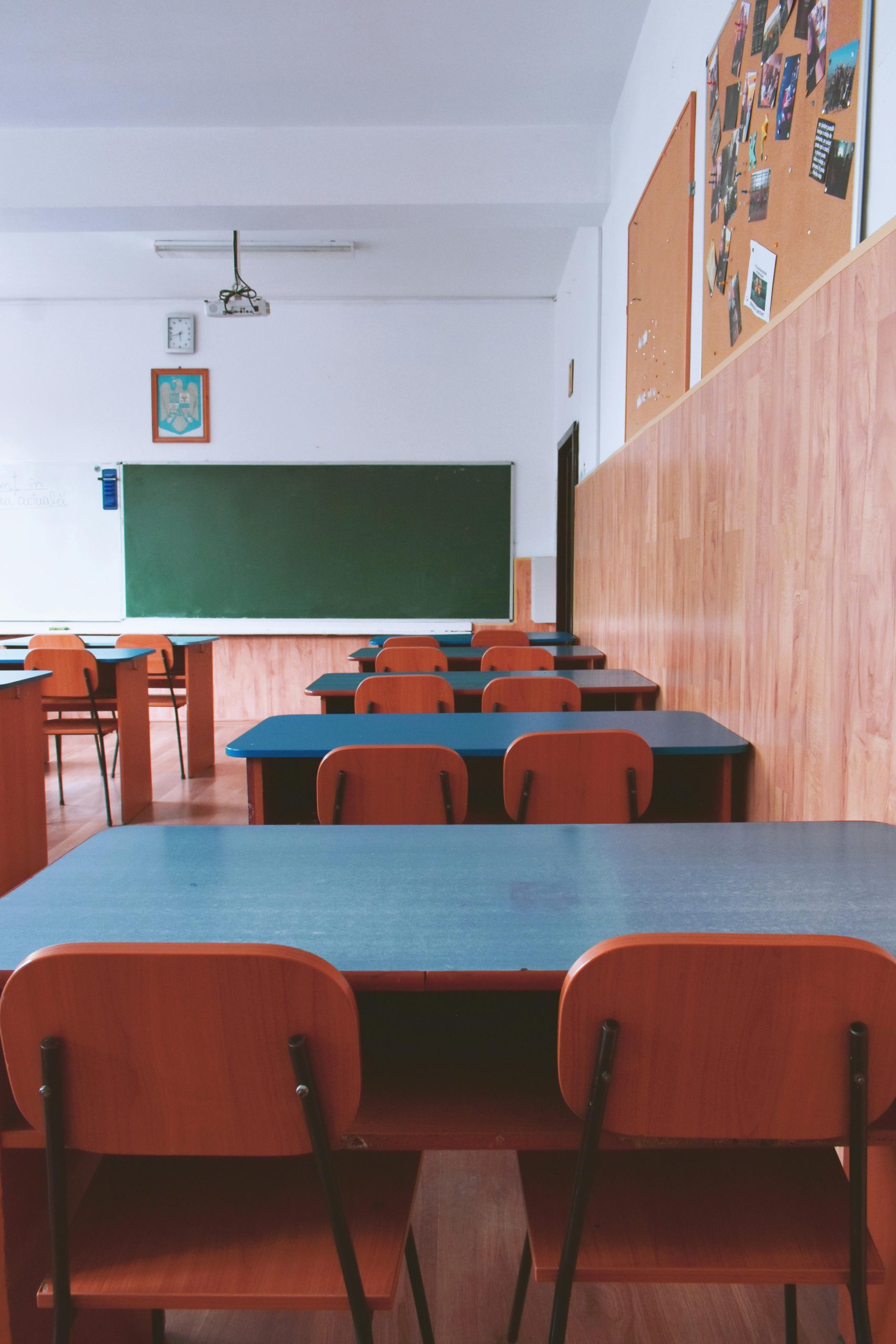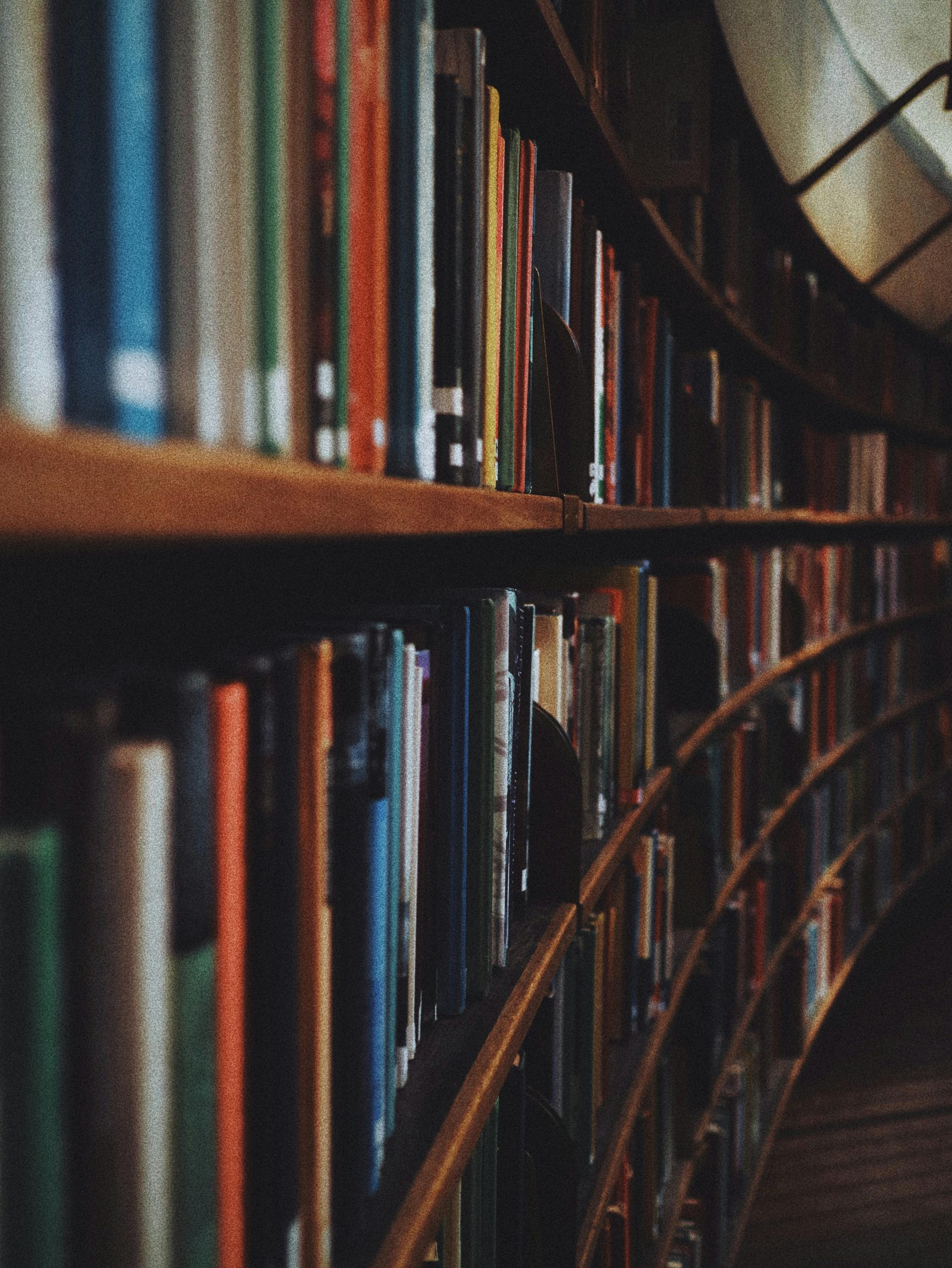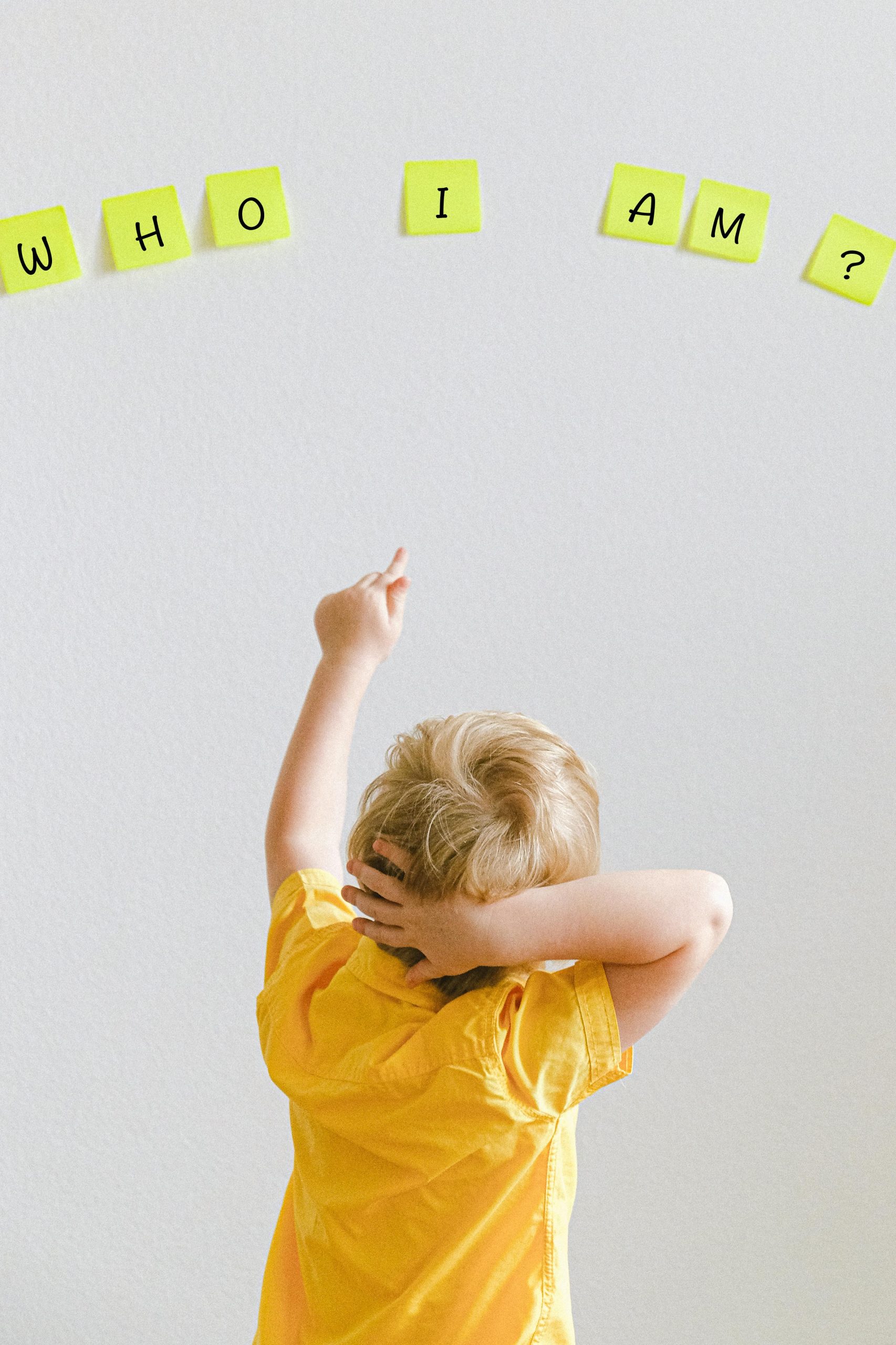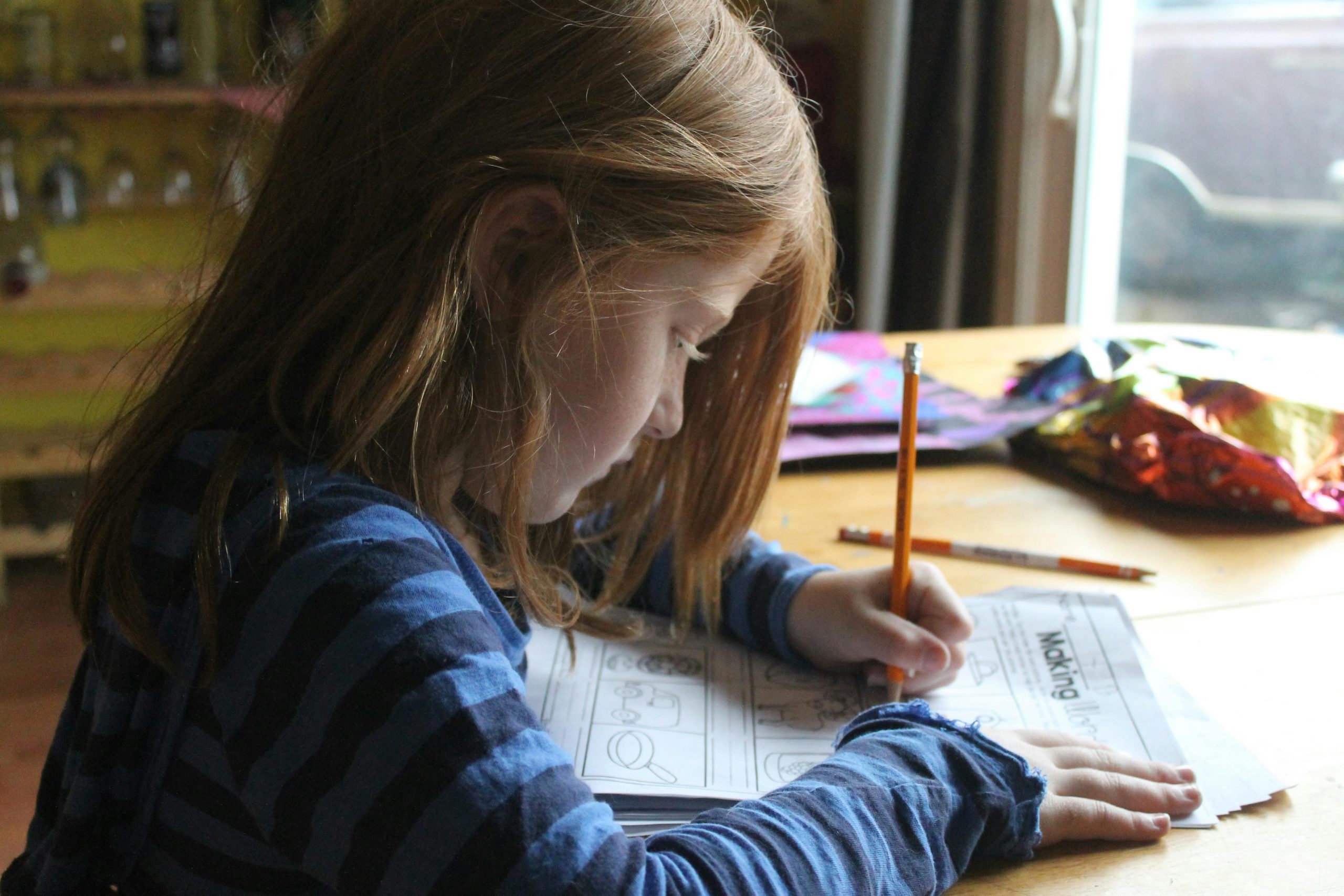New Hope’s academic program provides a learning environment where students have the opportunity to improve their academic skills.
With an average class size of five students and individual attention from teachers, students achieve in areas they never thought possible.
The 5:1 student-teacher ratio ensures attention and productivity. Teachers use multi-sensory strategies to teach students with different learning styles. Subjects such as language, creative writing, numeracy, study skills, literacy, entertainment program, etc. allow students to develop and strengthen their skills.
LANGUAGE
The language education program at New Hope Private Special School provides students with training in both basic and advanced skills. Each student attends daily language lessons, with lessons tailored to their specific needs. Daily teaching periods cover the following areas:
-
Reading: decoding, fluency and comprehension
-
Spelling
-
Vocabulary Development
Organizational Skills
Thinking and Analysis
Mathematics:
Mathematics requires the ability to:
-
Pattern Recognition
-
Pattern Extension
-
Pattern Creation
-
Applying knowledge of patterns to new situations, to generalize applications.
Mathematics is taught in small classes where students are grouped according to their abilities, using a multi-sensory, hands-on approach to engage students of all abilities and with different learning styles. The approach covers counting, addition, subtraction, multiplication, division, time, money management, fractions, math problems, shapes, sizes and algebra.
Objects, games and hands-on exploration help to illustrate concepts and increase understanding. Mathematical concepts are integrated into the curriculum through regular online interactive math resources.
Science
The school’s philosophy for the Science curriculum is that hands-on, multi-sensory learning and activities that enhance critical thinking are central to our students’ acquisition of scientific concepts and skills.
To develop critical thinking, classroom experiences emphasize the skills of observation, recognizing similarities and differences, categorizing, sequencing, recognizing patterns, recognizing part-to-whole relationships, establishing causal relationships, identifying and testing variables, making predictions, and drawing conclusions.
Visual presentations, combined with hands-on activities, provide students with the experiences that form the foundation for building conceptual understanding and related vocabulary.
History and Social Studies
History and social studies courses generally require extensive textbook reading. At New Hope, however, these studies incorporate discussions, computer-assisted learning, individual and group projects, multisensory instruction, and hands-on activities and provide students with a wealth of historical and geographical information.
Information and Communication Technology (ICT) in Education
Computers are essential tools for students who face challenges with spelling and expressing written ideas. Recognizing this, New Hope provides a fully equipped computer lab as well as PCs in every classroom, with internet connectivity.
Students use these computers for a variety of purposes throughout their lessons, including:
-
Learning keyboard skills: Integrated into language and writing lessons, students develop basic typing skills that facilitate effective and accurate written communication.
-
Using speech-to-text technology: Assists students in reading and writing reports by converting their spoken words into written text, helping them overcome difficulties with spelling and written expression
-
Conducting online research: Students are encouraged to use the internet to gather information on a variety of topics, strengthening their research skills and expanding their knowledge base.
-
Engaging in Problem Solving: Computers support students in tackling various problem-solving tasks, providing tools and resources to address academic and creative challenges.
-
Composing, editing, and revising creative reports: Students use word processing software to write, and improve their creative reports, allowing them to practice and improve their writing skills in a structured environment.
By integrating these technology-based activities into the curriculum, we help students build specific skills and gain confidence in their abilities, making technology a powerful ally in their educational journey.
Physical Education and Athletics
To ensure a well-rounded curriculum that includes not only academics but also physical activity, New Hope balances academic pursuits with a variety of athletic activities.
Classroom activities are designed to promote physical fitness, develop motor skills, and instill knowledge and understanding of rules, concepts, and strategies. Through participation, our students learn the benefits of both individual and group activities.
Physical education at New Hope is also designed to provide students with the necessary knowledge and skills to self-assess, create, and conduct personal fitness programs.
Specific activities to address Dyslexia, Dyspraxia (DCD), and other Learning Disabilities are included daily to develop coordination, body awareness, and relaxation. These activities help to sharpen focus. fine motor skills, reading, listening and writing or whole body movement.
Sensory Development
At New Hope Special School, our sensory room is a special resource that supports the diverse sensory and therapeutic needs of our students, helping them to thrive in both their educational and personal development. The sensory room is considered important for a number of reasons and its importance lies in the wide range of benefits it offers to individuals of all ages, especially those with sensory processing challenges or special therapeutic needs.
What is a sensory development?
A sensory development is a specially designed space that provides individuals with a controlled and immersive sensory experience. These rooms are not only used for relaxation and stress relief, but also as therapeutic tools for various sensory processing disorders, disabilities and cognitive conditions.
The sensory room at New Hope is used for:
Visual stimulation: Visual elements in sensory rooms often include attractive and stimulating lighting, such as dimmable LED lights or projected images with calming patterns and colors. These visual stimuli can help create a calm and visually appealing environment.
Auditory stimulation: Sensory rooms incorporate a variety of sounds and auditory experiences. Soft music, nature sounds, white noise machines, or even gentle, rhythmic sounds like ocean waves can promote relaxation and reduce stress.
Tactile stimulation: Tactile experiences are essential in sensory rooms. Soft and textured surfaces, plush toys, or tactile surfaces on the walls can provide soothing sensations.
Interactive Sensory Equipment: The school’s sensory room incorporates specialized sensory equipment, such as bubble tubes, fiber optic lights, projectors with interactive graphics, and sound-responsive devices. These elements encourage exploration and interaction, enhancing sensory engagement.
It also includes equipment that promotes physical activity, which is related to body awareness of body position and movement. Activities such as swinging, rocking can provide this stimulation, helping students feel grounded and more in control of their bodies.
Art
The role of art is a dynamic presence in the educational program of New Hope Private Special School, allowing students to express their creativity while challenging their thinking.
Through art, students have the opportunity to use unique ways of expression that capture their emotions and allow them to explore ideas, issues and culture in enjoyable, different ways.
Art cultivates essential skills such as problem solving, creative thinking, effective planning, time management, teamwork and effective communication.
While the primary goal of our art classes is to develop imagination and skills, providing a safe space for the expression of ideas, creativity, and innovation, the therapeutic benefits—such as improving fine motor skills—are equally important.
Many of our students have discovered that they have exceptional talent in this area. A typical week for students at New Hope Special School includes two art classes.
THEATRE
At New Hope, theatre is highly valued for its significant contribution to both intellectual and personal growth.
Through theatre, students cultivate the ability to explore and
question, deepening their learning and broadening their perspectives.
Theatre helps students understand and appreciate an art form while strengthening their analytical skills.
Beyond its academic benefits, theater plays a critical role in promoting self-expression and building self-confidence, two essential tools for developing literacy.
By engaging in theater activities, students learn to articulate their thoughts and feelings, which in turn strengthens their communication skills.
A confident student is more likely to embrace learning, enjoy the educational process, and achieve academic success. In this way, theater becomes not only a creative outlet but also a vital component of a well-rounded education at New Hope.
Theater also offers students a valuable opportunity to channel their energy within the structured environment of the lesson.
By participating in theater activities, students can express themselves freely while remaining within the confines of the classroom.
Our theatre program is designed with several key goals in mind to:
-
Promote self-expression: Theatre encourages students to explore and articulate their thoughts, feelings and ideas in a safe and supportive environment, allowing them to develop their unique voices.
-
Build confidence: Through participation, students gain confidence to present themselves in front of others, helping them overcome shyness and boosting their self-esteem.
-
Enhance creativity: Theatre encourages imagination by empowering students to experiment with different perspectives, characters and scenarios, thus cultivating their creative abilities.
-
Encourage collaboration: Theatre requires collaboration, teaching students the importance of working together, and contributing to a common goal.
This helps develop their teamwork and social skills, which are essential in both academic and personal contexts.
By focusing on these goals, our theater program not only enriches the students’ educational experience but also contributes to their overall personal development.

